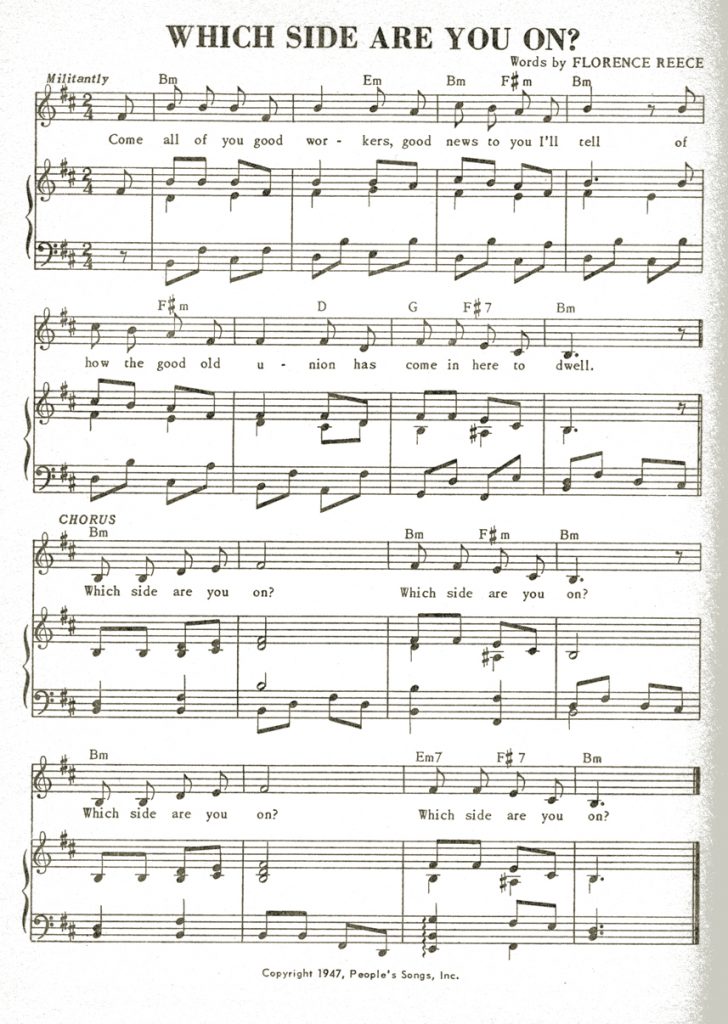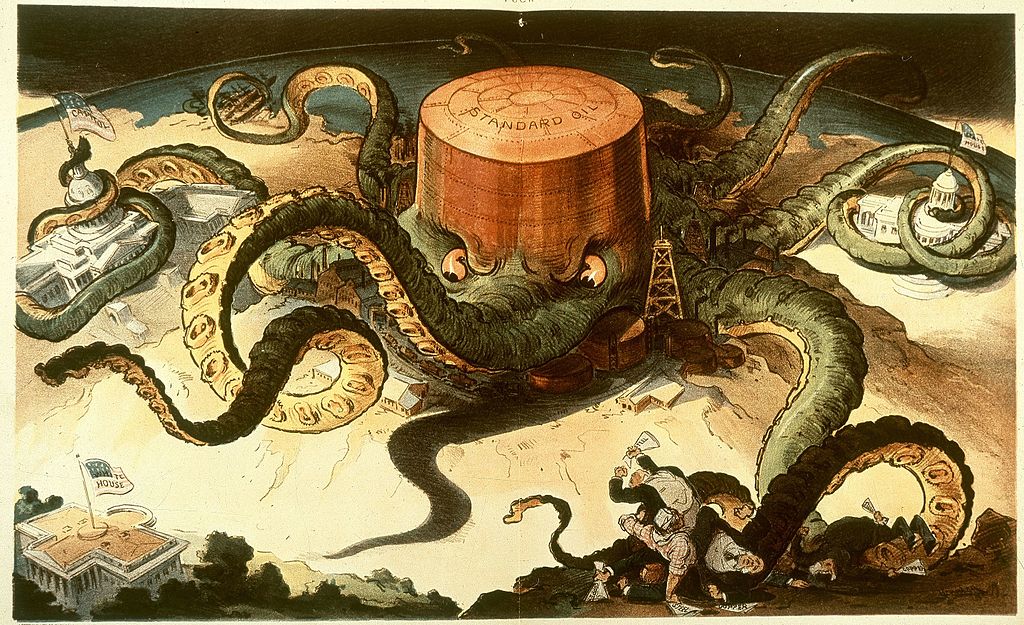
When, in general, do you have to choose a side?
It seems clear that there are conflicts where one doesn’t. To take a recent example, the question of trans women in women’s sports and locker rooms. I personally don’t have a dog in this fight, not being a woman, trans or otherwise, or the operator of a locker room, and not having the slightest interest in sports. On this topic I don’t think I’m obliged to take a side.
On the other hand, it’s not hard for me to think of situations where I think side-taking is obligatory, or rather, perhaps, unavoidable. Do you think women are the political and social equals of men, or not? Is it really possible to avoid this question? To take some historical examples, Hitler or Stalin? Union or Confederacy? Union or management?
These examples will suggest that the choice is seldom between jet-black hats and snow-white hats; even the chosen side may be, in the current cant phrase, “problematic”. Even so I would argue that sometimes it must be made. Sometimes, but not always.
(Another counter-example: Republicans versus Democrats. Here I have no hesitation in saying that no choice is compulsory, and indeed that any choice either way is discreditable.)
Sometimes you have to make a choice because your choice will affect events, and you have to do something; inaction is, in effect, a choice. For a doctor to choose a treatment, or a sailor to choose an anchorage, will sometimes determine whether the patient lives or dies, or the boat sinks or swims. (This situation, by the way – where one has some degree of real control — is where the “lesser evil” argument actually holds true.)
For most of us, though, and especially for choices of the substantive political kind – I mean substantive as opposed to Republican/Democrat, that is, they’re about something intrinsically important — our choice will have little or no effect on events. For most of us, for example, choosing to be a Ukraine fan or a Russia fan will have no effect on events. And yet we think it’s important; whichever side you choose, the importance is agreed.
Perhaps the difference is simply in the importance we assign to the outcome, even if we can’t affect it. I don’t think anybody would deny that the outcome of the Russia-Ukraine war will be important. As I would phrase it, that outcome will either be a victory or a defeat for the ultimate instigator of the conflict, which is of course the US and its sockpuppet NATO. Give me that choice, in the actually existing world, and I’ll always choose a US defeat. I mean, every time.
People on the other side would talk about “international law” or some other chimaera, and bless their hearts, as we say down South.
Typically, I find, people taking the opposite view stress the relative whiteness of the two hats – though the Ukie hat has a distinctly dusky hue, and so this side of the equation is seldom insisted upon; rather, the sable tint of the Russki hat comes under the moral spectroscope.
As if it were our job (rather than, say, God’s) to decide who’s more righteous, and choose our side on that basis.
I suspect that this moralizing perspective comes into play largely because people don’t want to think about the outcome, or rather, they don’t want to think about which outcome they really prefer, or they don’t want to be bothered with the history and the context. It’s all about schoolyard rules: Who threw the first punch?
In a sense, the cynical neocons are rather refreshing this way. They’ll tell you, quite candidly, that they want the US to rule the world in saecula saeculorum, and that’s what this is about, and screw you if you’re not down with it. So they are, you might say, the negative inversion of me. Hence really quite comprehensible: they’ve chosen a side, based on what they want to happen, and so have I, on the same basis, and the considerations we’ve both taken into account are much the same, except for the sign reversal.
The moralizers have also chosen a side, more or less by default, but either they’re less honest than their de-facto allies, the neocons, or perhaps less self-aware. Factually, to defend the Ukes is to defend the US empire, clearly an outrageous stance, so the whole thing needs to be lobotomized (no history or context please) and transferred from the plane of consequential reasoning to the Alpine slopes of abstract principle. Where the air is pretty thin, and the reasoner’s crampons need a purchase on the ice of fact but would rather call on a philosophical sky-hook.
Doesn’t work though. “Who threw the first punch”, though perhaps not very important, is still a factual question, as is “what led up to that?” Ask the one and you can ask the other. The first-punch theorist will reply that not throwing a punch is a moral absolute whereas provoking a punch is not, but this just makes him look silly, at least to anybody who really tries to do moral reasoning, rather than just moralizing about it.
So perhaps the answer to my original question – when is side-taking needful, and when is it not – comes down to the pedestrian subjective question “What matters to you?”
Returning to the locker-room question, its answer matters, clearly, to people who do have a dog in the fight, and of course they’re going to choose a side, and should do. There’s also a penumbra of people professionally or personally committed to gender theory, summed up in the slogan “trans women are women”; for them, the open locker room is an ideological victory and the closed one a corresponding defeat; so they have a dog in the fight too, though a different breed of dog.
Then there’s a further penumbra of people – both on the Uke question and the locker-room question – who are mostly concerned with attitudinizing and showing team spirit about the topics currently trending in their reference group. But that’s a topic for another post.


